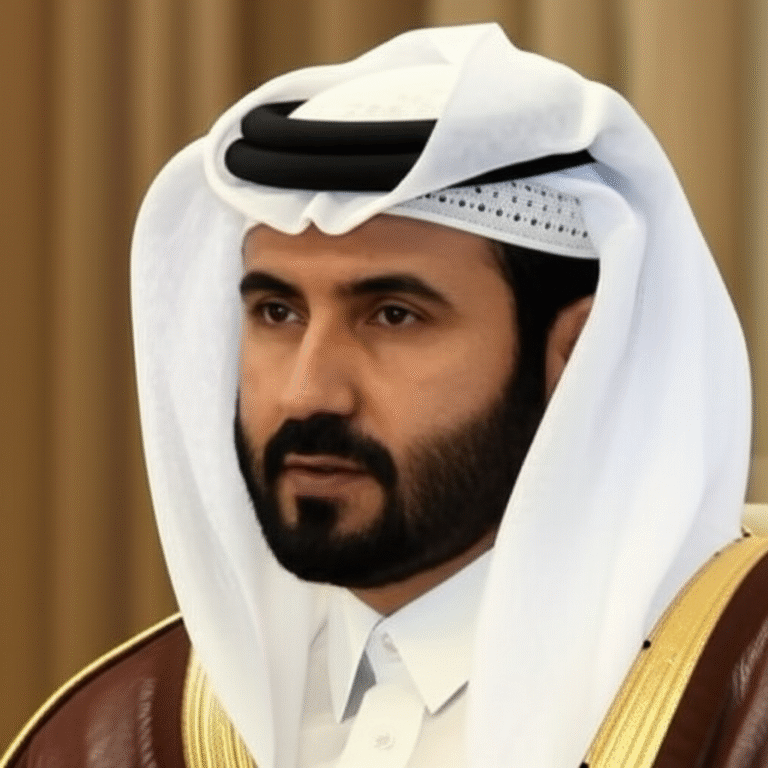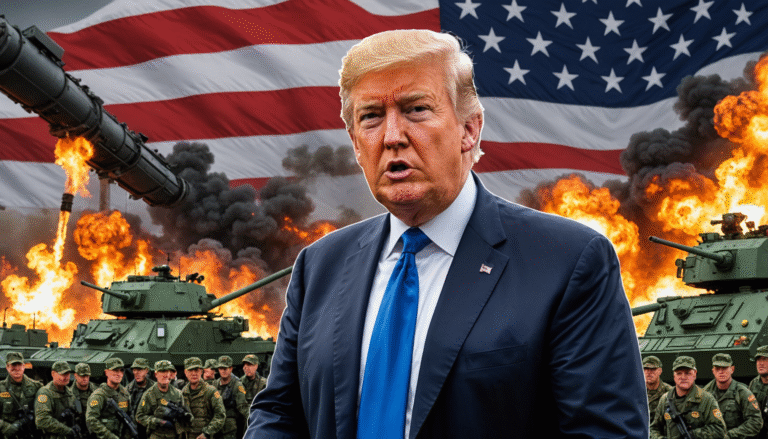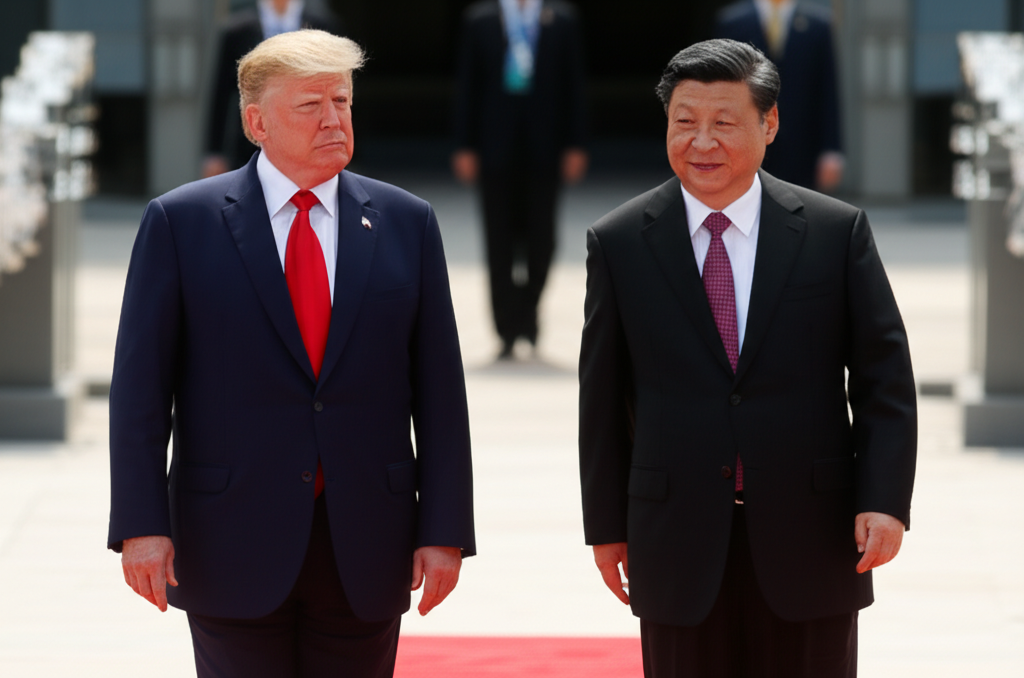
A potential meeting between U.S. President Donald Trump and Chinese President Xi Jinping is anticipated at next month’s Asia-Pacific Economic Cooperation (APEC) summit in Gyeongju, Korea. The prospect of the first US-China summit of Trump’s second term has elevated the annual economic forum into this year’s most significant diplomatic event, placing a spotlight on the host nation. This development presents a formidable test for Korean President Lee Jae Myung, whose diplomatic acumen will be closely watched as he navigates the complex relationship between the two global superpowers. Both leaders are expected to attend the summit, creating a high-stakes environment where competing economic and strategic interests will converge.

The likelihood of both presidents attending has been bolstered by recent diplomatic communications. Following discussions with Chinese Foreign Minister Wang Yi in Beijing, Korean Foreign Minister Cho Hyun expressed to reporters that he felt “quite certain” about Xi’s visit to Korea for the APEC meeting. As part of the advance preparations for this high-level visit, Cho also mentioned that discussions included a potential trip to Korea by Wang next month. On the American side, Joseph Yun, the chargé d’affaires at the U.S. Embassy in Seoul, confirmed Trump’s planned attendance, stating that the Korean and U.S. presidents would “meet at the Gyeongju APEC summit.” If the summit materializes as expected, it would mark a significant historical moment, representing the first time in 13 years that the presidents of the United States and China have visited Korea simultaneously. The last such occasion was the 2012 Nuclear Security Summit. For Korea, hosting this event is seen as a symbolic opportunity to reassert its position on the global stage following a period of domestic political turmoil that involved martial law and impeachment.
Trade Tensions at the Forefront
Economic issues are expected to dominate the agenda at the Gyeongju summit, with both Washington and Beijing poised to use the APEC platform to advance their distinct trade philosophies. The Trump administration has maintained its strategy of leveraging high tariffs, a policy that has defined its approach to international trade. In contrast, China has actively positioned itself as a champion and “defender of free trade,” seeking to draw a clear distinction with the United States. This ideological clash was evident during the recent bilateral talks between the foreign ministers of Korea and China.
“China and Korea must defend the international free trade system and jointly oppose protectionism in an era of unilateral bullying,” Chinese Foreign Minister Wang Yi stated during his meeting with Cho Hyun.
The dynamics of this year’s APEC gathering may differ from previous years. Although the forum, founded in 1989, has historically maintained a pro-U.S. atmosphere, the Trump administration’s tariff policies have created friction even with traditional allies. Korea has experienced this strain directly. Despite reaching an agreement in July for a mutual 15 percent tariff arrangement, follow-up negotiations have stalled. This impasse leaves a contentious 25 percent U.S. tariff on Korean cars in place. Furthermore, while Korea has pledged approximately $350 billion in investments in the United States, significant disagreements persist. Seoul has raised concerns over what it describes as Washington’s one-sided conditions regarding investment methods and the distribution of profits, adding another layer of complexity to bilateral economic relations.
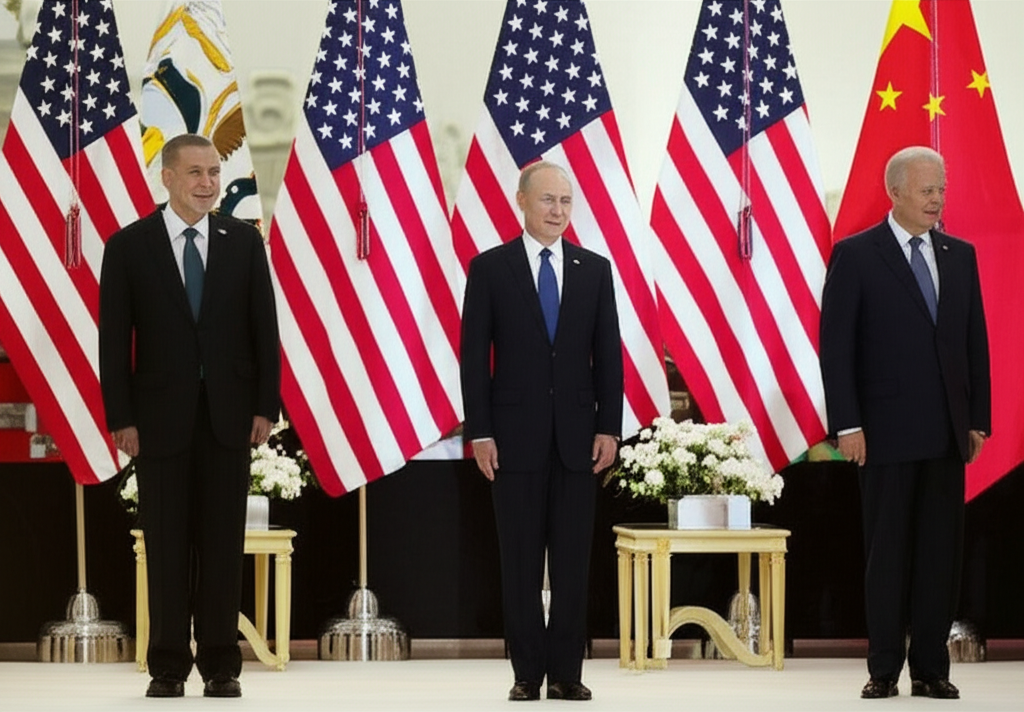
Navigating the Diplomatic Tightrope
The prevailing tensions between the U.S. and China cast a shadow over the goal of achieving consensus at APEC. The forum has a long tradition of issuing a joint statement at the conclusion of its annual summit, a practice followed every year since 1993. However, this tradition was broken in 2018 at the summit in Papua New Guinea, where disagreements over trade between the U.S. and China prevented the adoption of a joint declaration. This precedent highlights the challenges facing this year’s host. A diplomatic source noted, “The chair’s skill will be critical.” The source suggested that a “Gyeongju Declaration” is a likely outcome, but it would probably focus on areas of common agreement while strategically omitting more divisive issues. The precise details of the discussion process will be critical to watch.
- A potential U.S.-China summit between Trump and Xi is expected at the APEC meeting in Gyeongju.
- The event will test the diplomatic skills of Korean President Lee Jae Myung between the two powers.
- Ongoing trade disputes over tariffs and investments complicate the diplomatic landscape.
- A joint “Gyeongju Declaration” is likely but depends on navigating U.S.-China disagreements.
The bilateral meetings on the sidelines of APEC, particularly between Korea and the U.S. and Korea and China, will be under intense scrutiny. Analysts suggest that comparing President Lee’s messages to Trump and Xi will offer a clear indication of the practical direction of his administration’s foreign policy. This comes after Lee, during a visit to Washington last month, declared an end to the long-standing formula of “security from the U.S., economy with China.” In a recent interview with TIME Magazine, he elaborated on his new approach, stating, “We will stand together with the U.S. in the new global order, as well as supply chains centered on the U.S., but there is a need for us to manage our relationship with China so as not to antagonize them.”
Background
The Asia-Pacific Economic Cooperation forum was established in 1989 as a platform to promote free trade and economic cooperation throughout the Asia-Pacific region. From its inception, APEC has generally been friendly toward the United States, with key U.S. allies such as Korea, Japan, Canada, and Australia among its founding members. China’s inclusion came later, in 1991. While not a Western-centric organization in the mold of the Group of Seven (G7) or the Group of Twenty (G20), APEC has consistently maintained a strong pro-U.S. atmosphere throughout its history. However, the political and economic landscape has shifted. The current U.S. administration’s tariff policies have not only targeted adversaries but have also hit allies hard, creating strains in relationships that could alter the traditional dynamics of the forum. This sets the stage for a potentially different and more contentious atmosphere at the Gyeongju summit.
What’s Next
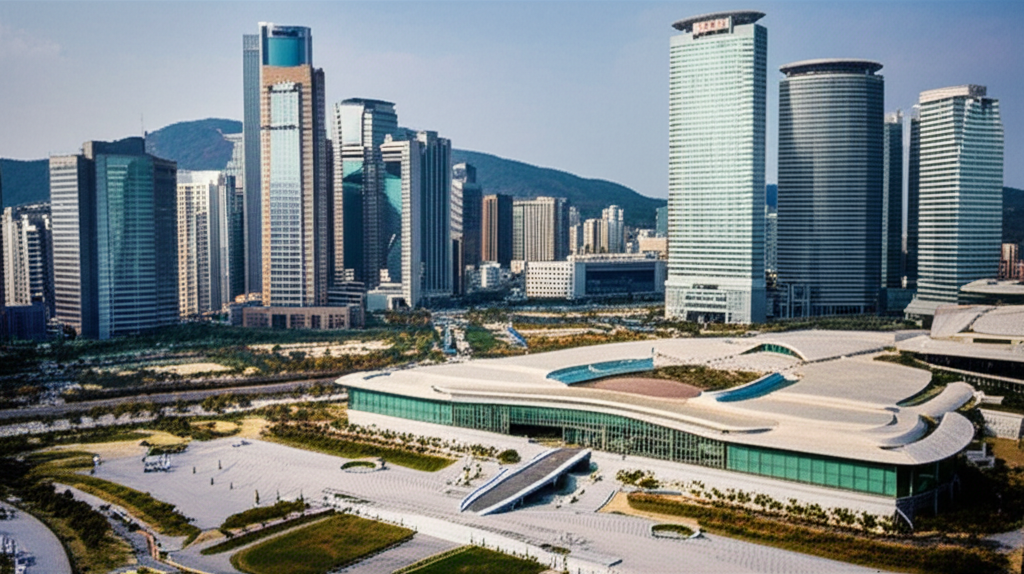
Despite the high expectations, several variables could still affect the proposed U.S.-China summit at APEC. The Korean government in Seoul is actively working to elevate Xi Jinping’s visit from a simple summit attendance to Korea’s first state visit by a Chinese leader in 11 years, with the last one occurring in 2014. This would involve Xi extending his stay in Korea for a separate state agenda after the conclusion of the APEC meetings. Foreign Minister Cho acknowledged that the nature of the visit “has not been finalized” but confirmed that a bilateral state visit “could be pursued.” In contrast, President Trump is considered unlikely to make a formal state visit, given his typically unpredictable travel schedule and the general rarity of scheduling multiple state visits in conjunction with multilateral events. A significant complication is that Beijing is reportedly more interested in having Trump visit China for a dedicated bilateral summit rather than holding their first high-level meeting on the sidelines of a multilateral forum. China has recently sought to entice Trump into visiting by offering strategic “gifts,” such as agreeing to the sale of TikTok’s U.S. operations. Should Trump decide to visit Beijing either before or after the APEC summit, it could directly impact Xi’s own schedule and the nature of his stay in Korea. In this fluid and complex diplomatic situation, some observers have suggested that it was premature for Foreign Minister Cho to declare Xi’s visit as feeling “certain,” especially given the absence of any official announcement from Beijing on the matter. Following the meeting between the foreign ministers, China’s Foreign Ministry issued a statement that pointedly made no mention of Xi visiting Korea, stating only that the two countries had agreed to coordinate and support each other in successfully hosting their respective APEC summits. [Source]

